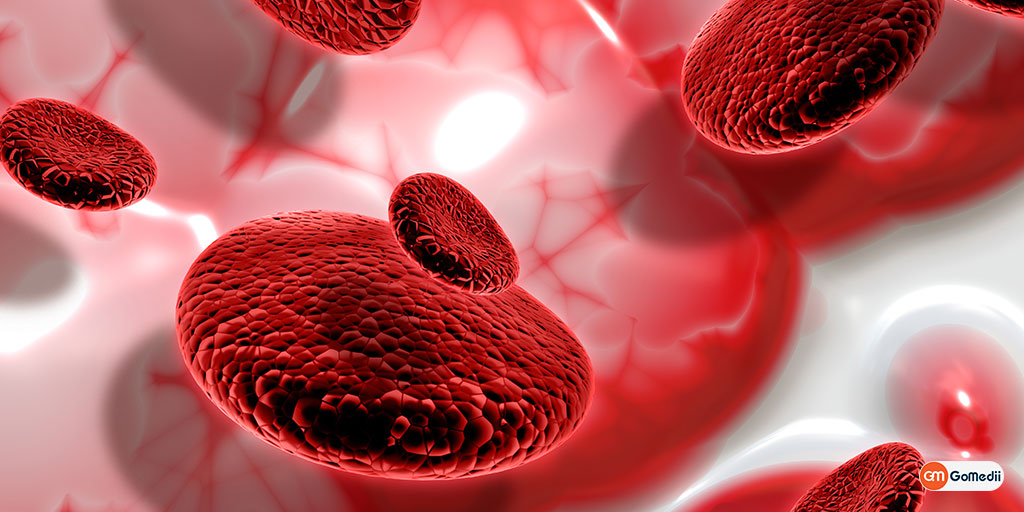Thalassemia is an inherited group of blood disorders that, due to reduced production of hemoglobin, results in resultant anemia and many health complications. Because the prevalence of thalassemia is staggering in India, much emphasis has been placed on finding effective treatment options to bring this condition under control and hence improve the quality of life of patients. This article revisits the effectiveness of thalassemia treatment in India.
Understanding Thalassemia
The disorders mainly come in two types: alpha thalassemia and beta thalassemia. The main classification in each may further differ in its course to a major degree, where beta thalassemia major is the most severe form found. Common symptoms of thalassemia include fatigue, weakness, pale skin, and delayed growth in the patient. Management depends on early diagnosis, proper treatment, and follow-up.
Treatment Options for Thalassemia in India
Depending on the severity and individual needs of the medical condition, treatment options for thalassemia in India vary in relation to their effectiveness.
1. Blood Transfusions
Blood transfusions are considered the mainstay of management in patients with severe thalassemias, such as beta thalassemia major. Regular blood transfusions maintain or build up adequate levels of hemoglobin and decrease symptoms due to anemia.
Effectiveness: Transfusion therapy can greatly improve the patients’ quality of life and their general state of health. Many patients require blood transfusions every 2 to 4 weeks, enabling them to lead an active life.
Monitoring involves follow-up on regular basis in order to avoid potential complications such as iron overload that may eventually lead to organ damage.
2. Iron Chelation Therapy
Iron chelation therapy Because repeated blood transfusions can result in potential iron overload, iron chelation is required to help rid the body of excess iron. Some commonly used agents in India are as follows:
- Deferasirox (Exjade): Generic is an oral chelator that is quite convenient and pretty effective at removing excess iron.
- Deferoxamine-desferal: This is an injectable chelaTor, which, though effective, involves longer infusion times.
- Effectiveness: Iron chelation is very effective in preventing complications due to iron overload, such as liver disease and heart problems, hence regular monitoring of iron levels will be helpful in modifying the treatment plan according to individual patient needs.
3. Bone Marrow/Stem Cell Transplantation
Currently, the only treatment that may be considered as a potential cure for thalassemia is in the form of bone marrow or stem cell transplantation, especially in younger patients in whom this severe form of the disease manifests.
Effectiveness: The success rates of stem cell transplants have increased drastically, especially when performed in younger patients with matched donors. Transplantation may result in a complete cure in many instances.
However, not all patients are candidates for transplantation, and the availability of donors, as well as overall conditions of the patients, may further affect the outcomes.
4. Supportive Care
Supportive care is an important aspect of effectively managing thalassemia, including:
Psychological Support: Patients and families should be helped through counseling and support groups to cope with the psychological bruises attendant to living with thalassemia.
Nutritional Support: A balanced diet is essential for overall health, and patients should work with healthcare providers to ensure they receive proper nutritional guidance.
5. Emerging Treatments
Continuous research and progress in medical science further extend better treatment options for thalassemia. Gene therapy seeks to correct the genetic defect responsible for thalassemia, hence promising a potential future treatment option. India is among those actively involved in the research processes related to gene therapy, with initial trials promising.
Success Rates and Patient Outcomes
The effectiveness of thalassemia treatment in India can be gauged through various success metrics:
Improved Quality of Life There is an improvement in the quality of life, according to patients receiving regular blood transfusions and iron chelation therapy. Most of them lead proactive productive lives with effective management.
Long-term Survival: Advances in the treatment of this disease have improved the long-term survival rates for patients suffering from thalassemia. With proper management and care, patients are now expected to live well into their 30s and beyond, while in previous decades, the life expectancy rate was far lower than this.
Treatment Potential/Cure: The possibility of a complete cure for those patients who are potential candidates for stem cell transplantation is considered the most significant landmark. Success in such transplantations speaks volumes regarding the advances in medical technologies and capabilities in matching donors.
Challenges in Treatment
There are, at the least, a few challenges that remain in the management of thalassemia in India despite various treatment options:
Access to Care: Although cities have well-equipped hospitals, patients from rural areas face difficulties, hence there is a delay in diagnosis and treatment.
Awareness and Education: Most of the families are still ignorant about thalassemia and the options for its management. Awareness has to be increased with education campaigns so that early diagnosis and intervention can be undertaken.
Treatment Costs: Treatments-such as blood transfusions and chelation treatment-can be very costly for thalassemia; some families may not be in a position to afford them. Financial assistance and insurance may be available to help absorb the costs.
Conclusion
The management strategies for thalassemia have evolved over the years in India, and this has remarkably improved the quality of life of the patients and their long-term outcomes. This includes some robust management strategies like blood transfusions, iron chelation therapy, and stem cell transplantation, besides emerging treatments like gene therapies, which promise a hopeful future.
However, the problems of access to care, awareness, and the costs of treatment are there, which need to be resolved so that every patient gets the required support. With a gain in medical science and growing awareness, the scenario related to the treatment of thalassemia in India is sure to get even better in times to come and offer hope to patients and their families.




